Keywords: Foreign Policy
There are more than 200 results, only the first 200 are displayed here.
-

AUSTRALIA
- Kate Galloway
- 24 February 2016
4 Comments
It is right and good that the outpouring of community and professional goodwill has at least delayed the return of baby Asha to what are reported to be the terrible conditions of the detention centre on Nauru. But Australia's asylum seeker laws involve unresolved systemic issues that such wins cannot by themselves resolve. Widespread community focus on individual cases such as that of baby Asha may in fact prevent action on the deeper issues from gaining traction.
READ MORE 
-
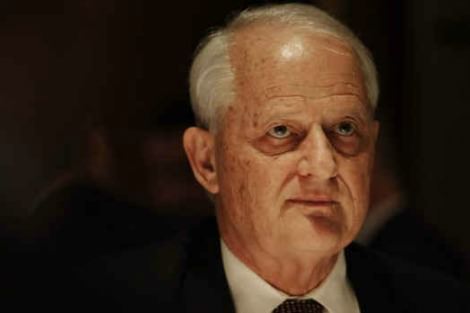
AUSTRALIA
- Justin Glyn
- 15 February 2016
7 Comments
If Phillip Ruddock's appointment as Australia's first special envoy to the United Nations on Human Rights is about demonstrating the worthlessness of current international human rights protection structures (and the consequent hollowness of their criticisms of Australia), it is a rather short sighted one. Appointing a person with a weak record of upholding human rights in the area where Australia itself is weakest sends the unmistakable signal that Australia is no longer committed to the human rights project.
READ MORE 
-
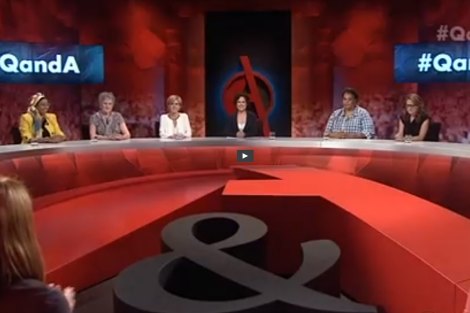
MEDIA
- Moira Rayner
- 13 January 2016
5 Comments
Annabel Crabb chaired it all really well, but the next day I realised that not only our Foreign Minister, but not one panelist, got one question about their extraordinary achievements. Bishop was managing partner of a big law firm. She has unique experiences and must have views on the world's problems and their impact on Australia. But nobody asked.
READ MORE 
-
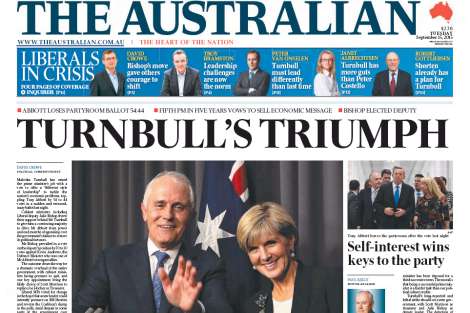
AUSTRALIA
- Tony Kevin
- 13 January 2016
5 Comments
Now is an exciting moment for Australia, after all the low points of the past two years. We can look forward to a real return to greater civil discourse and intellectual integrity in politics. It will be good if the parties can set aside the negative energy that was brought to the Parliament and return to an informed contest of ideas, for there is much to debate.
READ MORE 
-
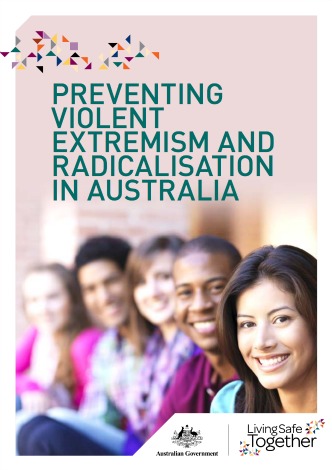
AUSTRALIA
- Andrew Zammit
- 11 January 2016
2 Comments
In September Sydney's Daily Telegraph ran the headline 'Schoolyard Terror Blitz', reporting that 'schoolteachers will be given access to radicalisation information awareness kits explaining how to identify students at risk and what they should do to intervene as concerns grow about the rise of teen terrorists'. As the government prepares to address the involvement of schoolchildren in violent extremism, a controversial program in the UK shows a dangerous path that Australia must avoid.
READ MORE 
-
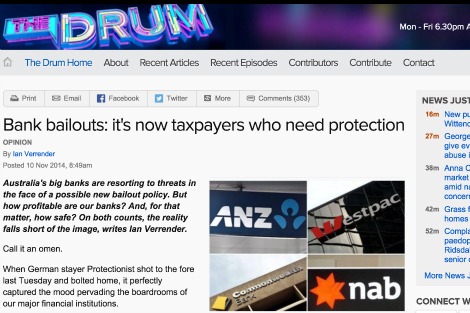
AUSTRALIA
- Justin Glyn
- 14 December 2015
4 Comments
There is a new proposal from Prime Minister Malcolm Turnbull that those convicted of terrorism offences are to be remanded in jail even after they finish serving their sentences. Given that the pressing of terrorism charges has already proven to be a highly subjective practice, there is good reason to fear that any new powers to detain people beyond the expiration of their sentences for terrorism offences will, like the offences themselves, be applied in a politically selective manner.
READ MORE 
-
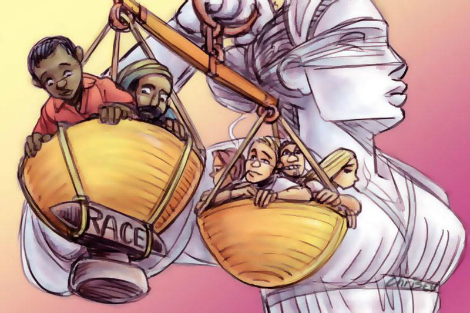
AUSTRALIA
- Ruby Hamad
- 30 November 2015
10 Comments
It is naive to equate racism with individual acts of bigotry. The current anti-Muslim and anti-Arab sentiment for instance goes deeper than sporadic attacks against individuals. Australian jobseekers with Middle-Eastern sounding surnames must submit up to 64 per cent more resumes than someone with an Anglo name in order to secure an interview. People may not actively engage in racist displays against Arabs, but that doesn't mean they are willing to spend time in close proximity to them.
READ MORE 
-

AUSTRALIA
- Esther Anatolitis
- 26 November 2015
2 Comments
One of the few industries lacking a national advocacy platform, the arts, was stunned when a political move was made to undermine the key policy and investment body. The Australia Council is still reeling, and arts leaders from around the country are scrambling to save their organisations and support their colleagues following the Council's drastic cancellation of entire funding rounds. At stake here is the nature of Australian culture and the public experience of it, both now and into the future.
READ MORE 
-
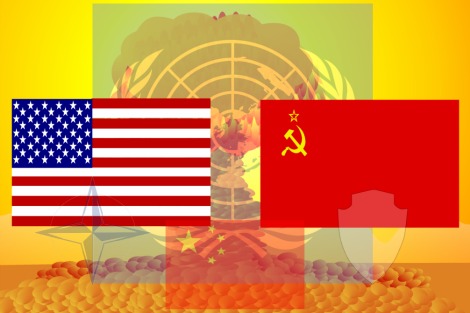
INTERNATIONAL
- Tony Kevin
- 09 November 2015
8 Comments
The US unipolar moment is ending. Real multipolarity is upon us, with Russia, China, India, Brazil, South Africa and Iran testing new multipolar arrangements for sharing world power. The US fears these changes, and would prefer to corral everybody back into the familiar bipolar camps of the past. This would be a disaster. Australia will benefit from a stable rules-based multipolar world, and our foreign policy can help build it. But we are going to have to take a few calculated risks along the way.
READ MORE 
-

AUSTRALIA
- Andrew Zammit
- 14 October 2015
8 Comments
In September Sydney's Daily Telegraph ran the headline 'Schoolyard Terror Blitz', reporting that 'schoolteachers will be given access to radicalisation information awareness kits explaining how to identify students at risk and what they should do to intervene as concerns grow about the rise of teen terrorists'. As the government prepares to address the involvement of schoolchildren in violent extremism, a controversial program in the UK shows a dangerous path that Australia must avoid.
READ MORE 
-

INTERNATIONAL
- Tony Kevin
- 12 October 2015
6 Comments
'Other countries in response to one mass shooting have been able to craft laws that almost eliminate mass shootings,' said Barack Obama earlier this month. 'Friends of ours, allies of ours, Great Britain, Australia — countries like ours.' Thankfully, America is not like Australia. Though many Australians feel a natural envy for our confident, successful cousin, many disturbing developments — Tea Party style politics, anti-immigrant nativism, know-nothing anti-science — have roots traceable to the US.
READ MORE 
-
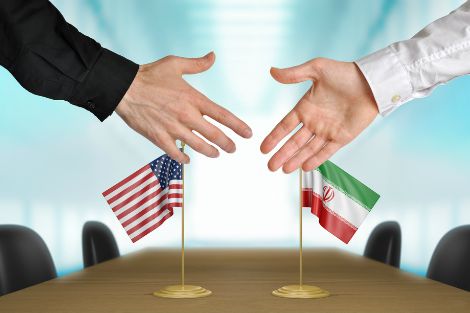
INTERNATIONAL
- William Gourlay
- 22 September 2015
4 Comments
Canny politicians know it is impossible to please everyone all of the time. This must be clear to Obama in the wake of the nuclear deal reached with Iran. As he heralded the accord as a harbinger of a 'more hopeful world', Israeli Prime Minister Benjamin Netanyahu called it a 'stunning historical mistake'. The deal is a result of 18 months of hard diplomatic negotiation, but for the naysayers it means Iran is off the leash.
READ MORE 